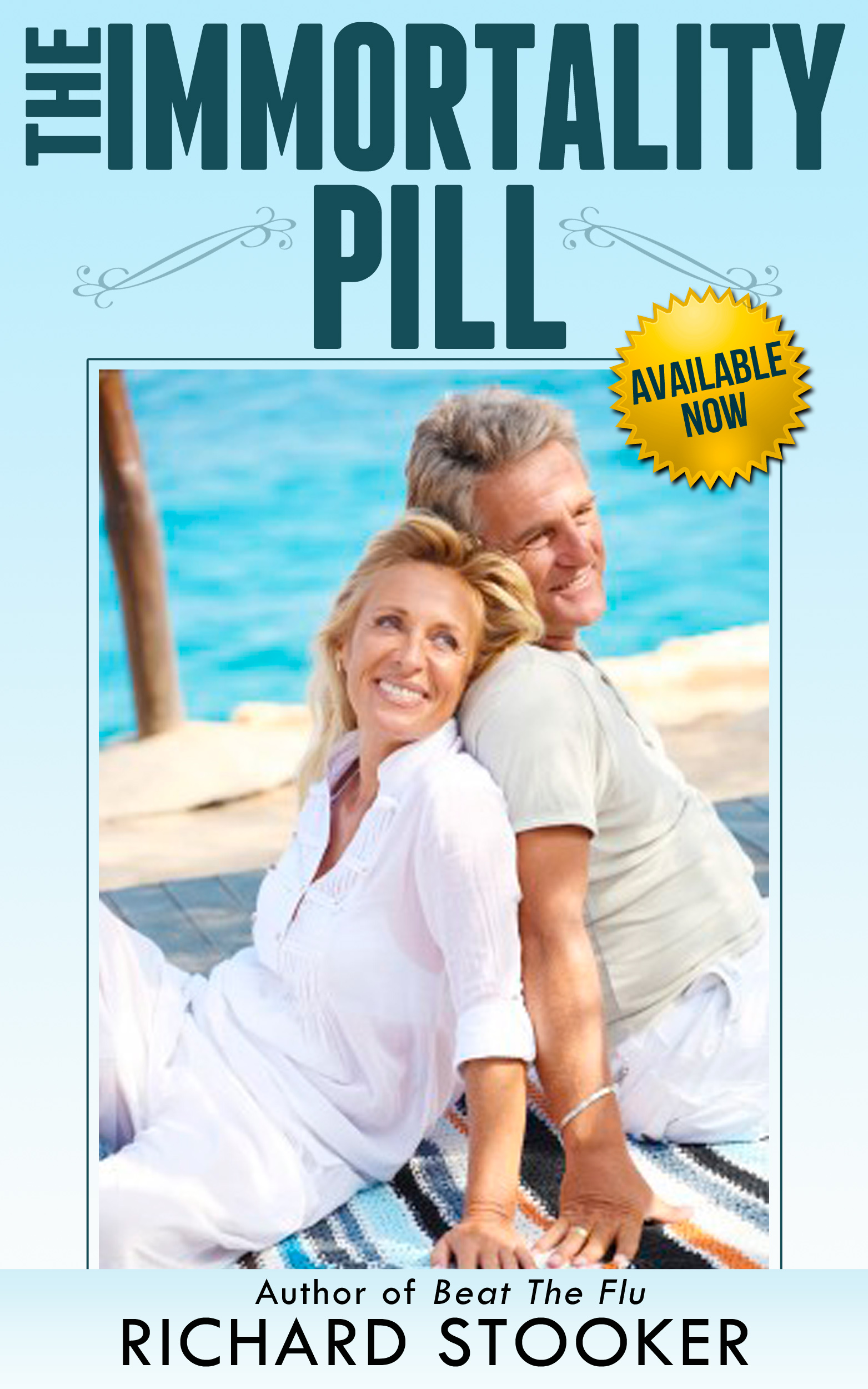
What causes us to age?
At first, that sounds like a stupid question. Aging is such an intrinsic aspect to the human condition we tend to take for granted it . . . just . . . happens.
But we live in a world of cause and effect. Aging is an effect, so what is the cause?
The common way of thinking about this is from the perspective our bodies are physical, and everything else that's physical eventually wears out or breaks down, such as our cars, our houses, and even our computers.
That's known as the "wear and tear" theory of aging.
But our bodies are different from such items because they're alive and, in optimum conditions of health, regenerate themselves if at all possible.
Cuts heal over, broken bones knit, and so on.
Indeed, every day millions of our cells die in the course of performing their functions. They're simply replaced by new cells. Our bodies can even work around permanently damaged tissue, even including the brain itself.
However, at a certain point, our bodies become less able to repair and regenerate. About age 40 we stop totally repairing and processing all the protein from our dead and damaged cells. Like a declining city running out of tax revenue, services such as street repair and garbage collection get farther and farther behind.
The fear of death and the desire to live (youthfully) forever have obsessed humanity since the dawn of our species.
In one way or another, we have searched for the Fountain of Youth, to become immortal -- eternally young.
In the last hundred to hundred-fifty years or so, the average life span of people -- especially in the developed world -- has increased dramatically. Credit for that goes principly to improved sanitation, antibiotics, improved care of infants and small children, and an increase in the food supply.
So we've removed or dramatically reduced many of the causes of childhood through adulthood death.
We're living longer because more of us reach old age. Once there, however, the main causes of death are heart disease, cancer, and strokes.
The medical establishment has created heroic measures to help people with these and related problems.
But what if we could avoid them altogether? What if we could "cure" the "disease" of old age?
How long would we live?
Isn't that a better question?
That's the purpose of this short report -- to tell you about the Nobel winning medical research on telomeres and telomerase which may hold the key to an extra long lifespan, and the supplement which is available right now to help you live longer.
It's not for everybody, and it may not be for you. And you'll also learn additional ways to maintain good health far into advanced old age.
Now we have additional scientific evidence showing moderate exercise, a noninflammatory diet, controlling stress, and antioxidants really do help you live not only better, but longer.
This is a short report -- around 10,000 words -- on the amazing health and anti-aging benefits available right now to seniors who wish to postpone old age and death as long as possible.
Genre: HEALTH & FITNESS / Alternative TherapiesAs well as Kindle, this book has an Audible version.
Parts of it are somewhat scientific and technical.
Nontechnical chapter summation: TA-65 is a supplement which has been proven to increase telomerase in humans. It's hoped that means it will extend the lifespans of people who take it.
In 2002 Noel Patton obtained the exclusive worldwide rights to Geron Corporation’s Telomerase Activation technology for non-prescription nutraceutical and cosmeceutical use. After 5 years of development and safety testing, he started T.A Sciences. They now sell TA-65®, which has been used since 2005.
The only way -- proven by human clinical trials conducted by both The Geron Corporation and Sierra Sciences -- to activate telomerase in the human body is with a molecule named Telomerase Activator (TA) 65. That's the TAT2 molecule found only in small amounts in certain species of the Chinese herb Astragalus in only a small area of China, discovered by The Geron Corporation.
In the T.A. Sciences study 114 people took 5 to 10 mg a day. Some went up to 25 or 50 mg a day without sign of any adverse effects.
They were studied and tested at the beginning and at three-month intervals through the year.
According to Calvin Harley, "Those data showed TA-65 activates telomerase roughly 2- to 3-fold."
The percentage of immune cells with short telomeres went down about 10% to 50%, and the number of aged immune cells went down about 10% to 20%.
Astragalus has been used in Traditional Chinese Medicine for who knows how many thousands of years, and it can be found in health food stores around the world.
However, it's not likely that TA-65 is responsible for any health benefits of Astralagus the herb, because it's present in the natural herb only in very small amounts. It takes three tons of Astragalus to produce a 5 mg pill of TA 65.
| Language | Status |
|---|---|
|
French
|
Already translated.
Translated by Abdel-Hakim FOUGHALI
|
|
Italian
|
Already translated.
Translated by Sonia Lo Conte and Cristina Cinquini
|
|
Portuguese
|
Already translated.
Translated by Irina Maia
|
|
Spanish
|
Already translated.
Translated by Mariana Barrancos
|